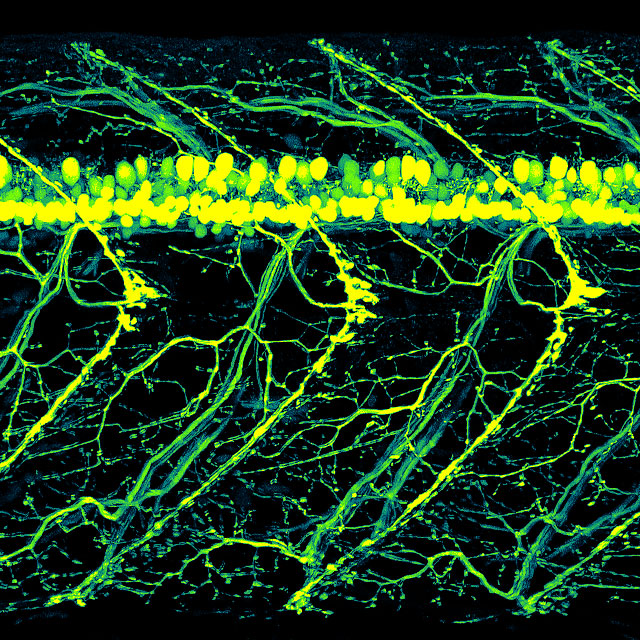Professor Bryan Mowry

 Professor Bryan Mowry: Psychiatric genomics
Professor Bryan Mowry: Psychiatric genomics
Our primary research goals are (i) to identify susceptibility genes for schizophrenia and related disorders and (ii) understand both their normal and pathologic functions in the brain. To investigate these two broad areas of research, we use a wide range of methodologies and techniques ranging from high-throughput sequencing technologies, quantitative genetics, systems biology and deep learning, through to animal models and cutting-edge microscopy. Our research is organised into the following themes:
Current collaborations
- Dr Rangaswamy Thara - Schizophrenia Research Foundation (SCARF), Chennai, India
- Prof Matthew Brown - Diamantina Institute, The University of Queensland
- A/Prof Naomi Wray - Queensland Brain Institute, The University of Queensland
- Prof Peter Visscher - Queensland Brain Institute, The University of Queensland
- Prof David Reutens - Centre for Advanced Imaging, The University of Queensland
- Prof Lynn Jorde - University of Utah School of Medicine, Salt Lake City, Utah
- Psychiatric Genetics Consortium, Schizophrenia
- Molecular Genetics of Schizophrenia Consortium
- Australian Schizophrenia Research Bank
Researcher biography
Bryan is a graduate in medicine from the University of Queensland and holds a BA (Hons) degree in philosophy from the University of Western Australia. A medical specialist in psychiatry, he is a clinician researcher, who is Conjoint Professor at the Queensland Brain Institute, University of Queensland, and Director of Genetics at the Queensland Centre for Mental Health Research. His primary research interest is the molecular genetics of schizophrenia, and holds a MD degree (University of Queensland) in this field. Since 1990, he has conducted studies, with national and international collaborators, to identify susceptibility genes for this disorder. He is the recipient of grants from the Australian NHMRC and the US NIMH.
The primary research goal is to identify and functionally characterise susceptibility genes for schizophrenia and related disorders. A special focus is on the study of large collaborative samples and ethnically homogeneous populations. Key methodologies used in the lab include genome-wide association studies, next-generation sequencing, transcriptome profiling of post-mortem brain samples, neurocognitive and neuroimaging phenotyping and induced pluripotent stem cells.
Current areas of interest include pharmacogenomics of clozapine treatment response, whole exome sequencing focused on de novo mutations, and the neuroimmunology of schizophrenia
